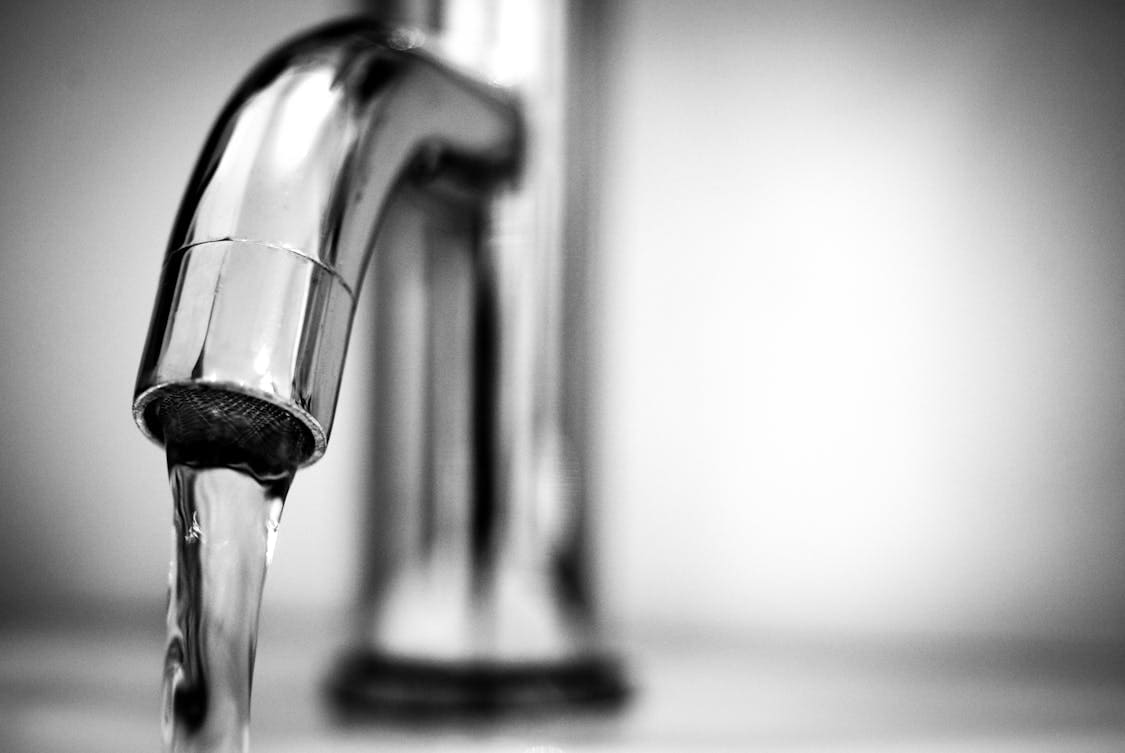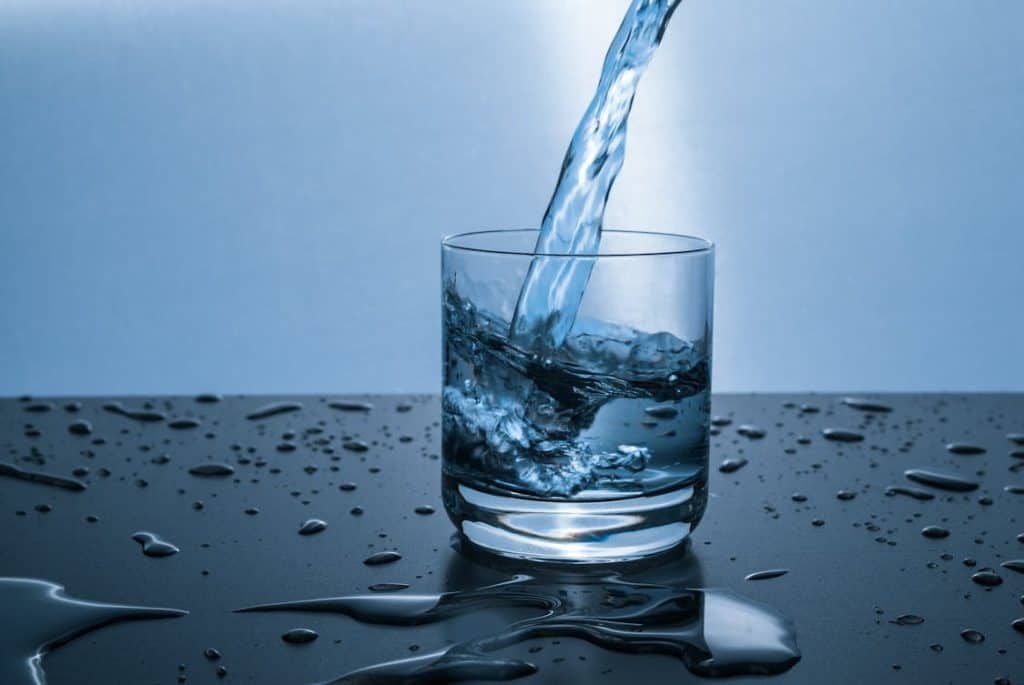Have you ever taken a sip of water from your tap and recoiled at an unexpected taste? That peculiar flavor can prompt concerns ranging from mild curiosity to outright alarm.
Various factors can contribute to the odd taste of your water, and understanding these elements can help you address the issue effectively. Let’s break down some common causes behind those funny flavors, focusing on potential plumbing issues.
The Role of Pipes in Water Taste
Your plumbing system plays a vital role in the quality and taste of your water. Over time, pipes can corrode, develop mineral buildup, or become contaminated.
Corrosion of Metal Pipes
Many older homes still use metal pipes, like copper or galvanized steel. Corrosion can occur due to factors such as acidic water or the presence of certain minerals.
When metal pipes corrode, they can release metallic particles into the water, leading to a distinct metallic taste. If you notice this flavor, consider having your pipes inspected for signs of corrosion.
Mineral Deposits
Hard water, which contains high levels of minerals such as calcium and magnesium, can lead to buildup within your pipes. This buildup can alter the taste of your water, making it taste chalky or even salty.
If your area has hard water, you might want to look into water softening solutions to improve the flavor and quality of your drinking water.
Water Source and Supply Issues
Sometimes, the source of your water can greatly impact its taste. Whether you’re connected to a municipal water supply or a private well, the quality of the water can vary significantly.
Municipal Water Supply
Municipal water is typically treated to remove impurities, but sometimes residual chemicals can linger.
For example, chlorine, which is commonly used for disinfection, can impart a distinct taste and odor.
If you notice a strong chlorine flavor, it might be worthwhile to let your tap water sit for a while before drinking, as this can help dissipate the chemical smell and taste.
Private Wells
If you rely on a well for your water, the quality and taste can fluctuate based on factors like rainfall, nearby agricultural practices, and seasonal changes.
Contaminants from runoff can seep into the water supply, affecting its taste. Regular testing is crucial to ensure that your well water remains safe and palatable.
Plumbing Fixtures and Fittings

The fixtures and fittings in your home can also lead to unexpected tastes in your water. Sometimes, the problem is as simple as a worn-out faucet or a faulty water filter.
If you suspect your plumbing fixtures are causing water taste issues, it might be time to call a lubbock plumber for an inspection and possible replacement of the affected parts.
Faucet and Sink Issues
If your faucet is old or has not been cleaned in a while, it may harbor bacteria or mineral deposits. These contaminants can change the taste of your water.
A simple cleaning or replacement of the faucet might eliminate the issue.
Water Filters
Many people use water filters to improve taste and quality. If your filter isn’t replaced regularly, it can become a breeding ground for bacteria or become clogged with sediment, resulting in a strange taste.
Be sure to follow the manufacturer’s recommendations for filter replacement to keep your water tasting fresh.
The Impact of Temperature and Storage
The temperature of your water and how it’s stored can also affect its taste. Hot water can taste different than cold water, and stagnant water can develop off-flavors.
Hot Water System
Hot water tanks can accumulate minerals and sediments over time. This buildup can lead to a fishy or metallic taste in your hot water, which might not be present in your cold water supply.
Flushing the tank periodically can help maintain water quality and improve taste.
Stagnant Water
If you don’t use certain faucets or water sources frequently, the water may sit stagnant in the pipes. Stale water can develop a musty taste, especially if the pipes are older or haven’t been used in a while.
Running the tap for a minute before filling your glass can help refresh the water.
Unusual Tastes and Their Sources
Sometimes, the taste of your water can be linked to specific issues that might require a closer look.
A Chlorine or Bleach Taste
If your water tastes like bleach, it could be a sign that your municipal water treatment facility is using too much chlorine. This chemical is essential for disinfection, but excessive amounts can affect palatability.
If this is the case, contacting your water supplier may be necessary to address the situation.
An Earthy or Musty Flavor
An earthy or musty taste can indicate the presence of organic material or bacteria in the water supply. In some cases, this might be due to algae blooms in surface water sources.
If you detect this taste, having your water tested is crucial to ensure safety.
A Salty Taste
A salty taste in your water could signify several issues, from contamination to certain plumbing materials leaching into the water.
If you’re near a coastal area, seawater intrusion can affect well water supplies, leading to a salty flavor. If you suspect contamination, it’s time for a water quality assessment.
Solutions to Improve Water Taste
If you’ve identified the source of your water’s peculiar flavor, various solutions can help improve its taste.
Installing a Water Softener
If hard water is the culprit, a water softener can help reduce mineral content. These systems use ion exchange to remove calcium and magnesium, which can greatly enhance the taste of your water.
Using Activated Carbon Filters
Activated carbon filters can effectively remove chlorine and organic compounds that affect water taste. These filters are easy to install and can be found in various forms, such as pitcher filters or under-sink systems.
They provide an accessible way to enhance both taste and quality.
Regular Maintenance
Regular maintenance of your plumbing system, including flushing your water heater and cleaning faucets, can help ensure that your water remains fresh and tasty.
Staying proactive can save you from unpleasant surprises down the road.
The Importance of Professional Help
If you’re still scratching your head over the taste of your water or if the problem persists, seeking professional help may be necessary.
Plumbing Inspection
A professional plumber can inspect your entire plumbing system to identify issues that might be affecting water quality. They can check for corroded pipes, leaks, or any other factors that might be contributing to the funny taste.
Water Testing Services
Using a certified water testing service can provide clarity regarding the composition of your water. These tests can identify contaminants and help you understand what steps to take for remediation.

